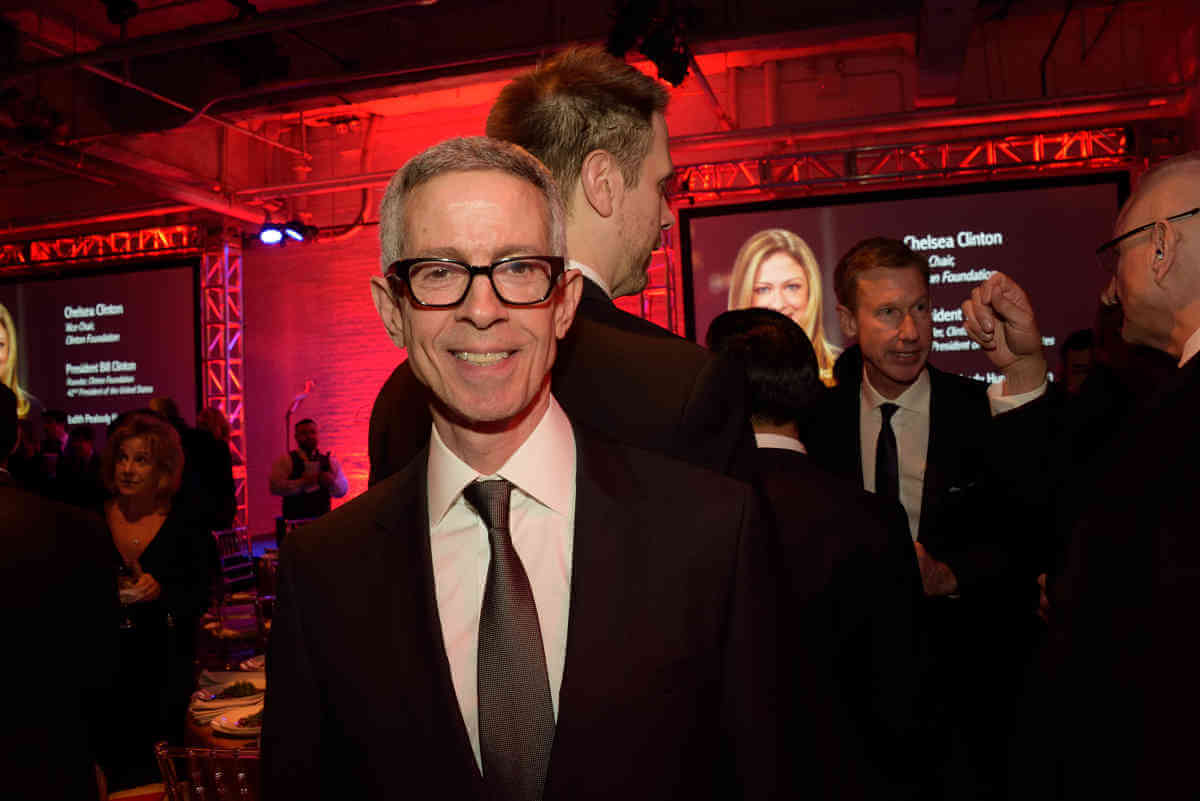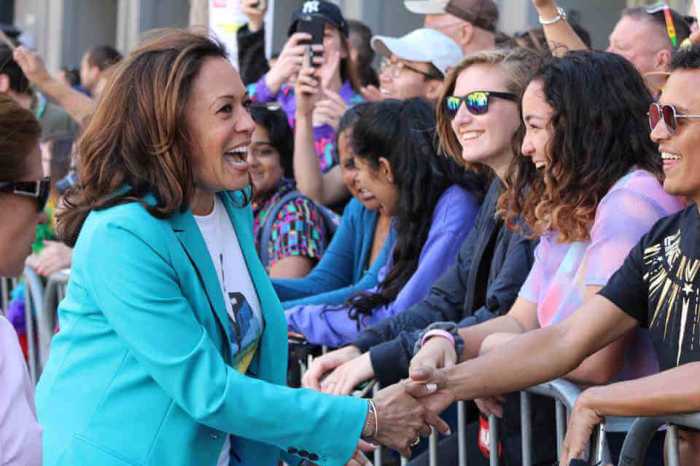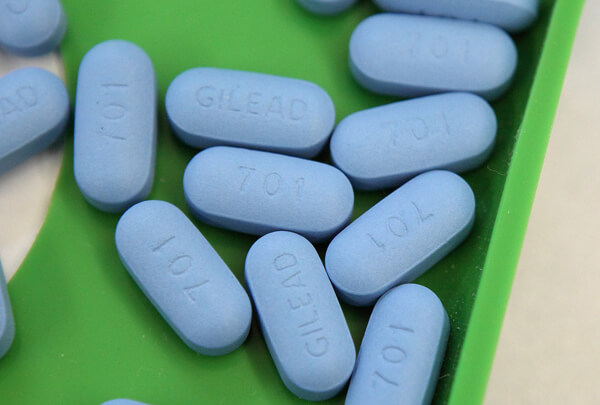In a class action lawsuit filed May 14, AIDS activists and union health plans are accusing four pharmaceutical companies of illegally rigging the chemical composition of HIV combination drugs to always include drugs under patent that cost much more than generic alternatives.
Treatment for HIV infection involves a cocktail of various drugs combined into a single full dose pill allowing the patient to take just one pill instead of two or three. The allegation in the lawsuit is that the four pharmaceutical defendants have entered into joint development agreements under which they pledge to never sell combinations medications in which all the ingredients are generics. As a result of these illegal agreements, the suit contends, each combination treatment can be sold at a more expensive patent-protected brand name price.
Gilead, Bristol Meyer Squibb (BMS), Johnson & Johnson, and Japan Tobacco are accused of sharing drugs in the full dose combinations so that a drug from BMS with an expired patent might be combined with a drug from Gilead that is still under patent. BMS is then able to sell the combination at the high brand name price rather than at the much cheaper rate for generics.
Agreement to use drugs from different companies and combine them is perfectly legal and makes it easier for patients to access the best treatments with the least onerous dosage regimen, but the pharmaceutical companies’ cooperation in a common “no generic restraint” plan is “unlawful,” according to the lawsuit.
Among the charges in the voluminous, 136-page lawsuit is that, absent these agreements, generic combination treatments would have been available on the market by December 2017. Since every state requires that unless a doctor provides specific no generic substitution instructions, the pharmacist must provide the cheaper generic alternative, HIV treatment costs would have declined significantly.
The labor union and HIV activist plaintiffs are bringing the lawsuit in federal court in the Northern District of California. The union plaintiffs are the Fort Lauderdale Fraternal Lodge of Police 31 and the Service Employees International Union Local One Health Fund. They are joined by individuals — some with with a long history of AIDS activism — who are themselves consumers of HIV treatment.
The veteran activists include Peter Staley and Gregg Gonsalves, both ACT UP alums whose treatment activism there led them to become founders of the Treatment Action Group, which has pressed drug companies and the government to fast track effective medicines based on the best science. Staley was among the organizers of the 1991 action in which activists wrapped the Washington-area home of fiercely anti-gay North Carolina Senator Jesse Helms in a giant condom. Gonsalves is today on the faculty of the Yale School of Public Health.
Among the younger plaintiffs, Brenda Goodrow, according to a press release issued when the suit was filed, “is new to activism but not to HIV. She was born HIV-positive in 1996 and kept her HIV status a secret until the age of 21, when she recognized the power a personal story can have in the ongoing fight to de-stigmatize HIV.”
Jason L. Walker is the HIV/ AIDS campaign coordinator at VOCAL New York, where he works to organize low-income people living with HIV, especially LGBTQ youth who are positive or at risk for infection.
Despite the collective activism of the six individual plaintiffs, the basis of their legal claim is the money they have spent for medicines at what they allege were illegally and “artificially inflated prices.” The lawsuit seeks “class certification” for all the other similarly situated HIV medication consumers.
The case also involves the cost of Truvada, the active ingredient in PrEP, a medication that prevents HIV infection and is a key component of New York’s plan to end the epidemic. Gilead charges $24,000 a year for this medication, but its true cost, according the lawsuit, should be “a fraction of that — less than $7,000 a year after multiple generics enter the market.”
Gilead was under fire on another front this week, after recent published reports that the federal government in fact owns the patent on Truvada, on which Gilead was the lead private research partner. On May 16, the US House Committee on Oversight and Reform held a hearing titled “HIV Prevention Drug: Billions in Corporate Profits after Millions in Taxpayer Investments.”



































